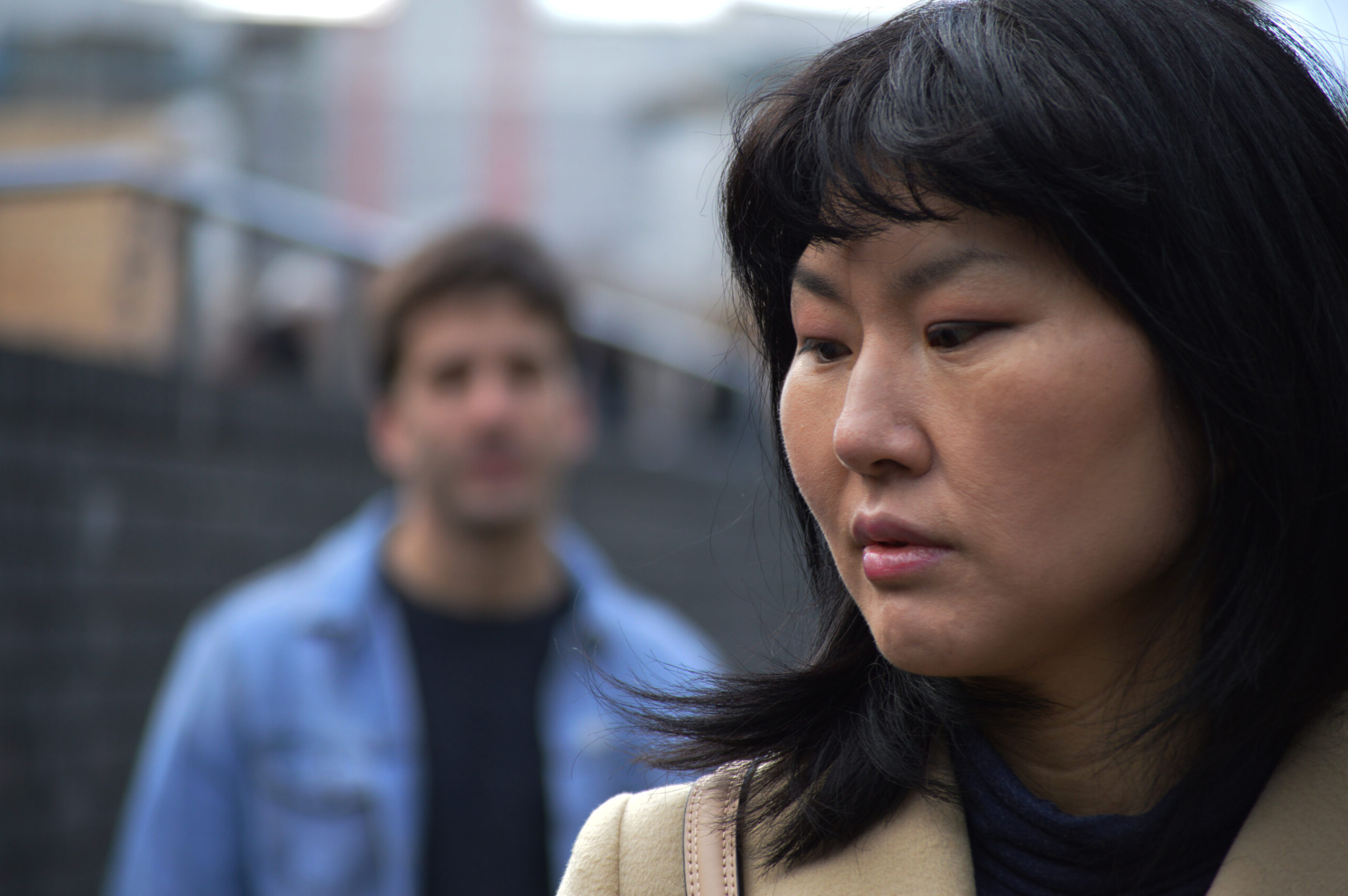If you are in an emergency, please call 999
If you’re worried someone might be monitoring your devices, exit this site and visit from a safe device. Learn more about keeping your technology safe here.
Anyone forced to change their behaviour because they are frightened of their partner or ex-partner’s reaction is experiencing abuse.
Domestic abuse can happen to anyone, regardless of age, background, gender, religion, sexuality or ethnicity. However, statistics show most domestic abuse is carried out by men and experienced by women.
Domestic abuse is never the fault of the person who is experiencing it.
Domestic abuse is a crime.
Spotting the signs
- Is your partner jealous and possessive?
- Is he charming one minute and abusive the next?
- Does he tell you what to wear, where to go, who to see?
- Does he constantly put you down?
- Does he play mind games and make you doubt your judgment?
- Does he control your money, or make sure you are dependent on him for everyday things?
- Does he pressure you to have sex when you don’t want to?
- Are you starting to walk on eggshells to avoid making him angry?
- Does he control your access to medicine, devices or care that you need?
- Does he monitor or track your movements or messages?
- Does he use anger and intimidation to frighten and control you?
-
How we can support you
Domestic abuse can take many forms. Learn to spot the signs.
Read more
-
Your rights and options
Find out more about what support is available for you and your children.
Read more
-
Securing your devices
If you're worried someone might be monitoring your mobile or browser history, visit Refuge's Tech-Facilitated Abuse website to learn how to increase your privacy online.
Read more
Forms of domestic abuse
Psychological abuse
Includes name-calling, threats and manipulation, blaming you for the abuse or ‘gas-lighting’ you.
Economic abuse
Controlling your access to money or resources. He might take your wages, stop you working, or put you in debt.
Sexual abuse
Doesn’t have to be physical. He might manipulate or coerce you into doing things you don’t want to do.
Coercive control
When an abuser uses a pattern of behaviour over time to exert power and control. It is a criminal offence.
Physical abuse
Not only hitting. He might restrain you or throw objects. He might pinch or shove you and claim it’s a ‘joke’.
Tech abuse
He might send abusive texts, demand access to your devices, track you with spyware, or share images of you online.
Will he change?
It is natural to hope that your partner will change, or that the abuse will stop. Often, an abusive partner will be very sorry after an incident of abuse. He may beg for forgiveness. If you have left him, he may become very charming and convince you to return. He may be on his best behaviour for weeks, or even months, before he becomes abusive again.
The truth is that domestic abuse usually gets worse over time. There are perpetrator programmes for men who want to take responsibility for their abuse and change their behaviour for good. However, it is important that you prioritise your safety and wellbeing, and that of your children.

You are not alone
1 woman in 4 will experience domestic abuse over the course of her lifetime. Every 30 seconds the police receive a call for help relating to domestic abuse. Every day, our Helpline team speaks to more than 100 survivors and those supporting them .
Myths and excuses
Myth 1: Alcohol, drugs and stress make men violent
Abusers are also violent when sober. Many men who drink never use violence. These are all excuses.
Myth 2: She would leave if it was really bad
There are many overlapping reasons why women may stay. Leaving is difficult and takes time. It is a process.
Myth 3: Abusers grow up in violent homes
Violence is a choice an abuser makes; he alone is responsible. It is unrelated to childhood.
Myth 4: Domestic abuse only happens to certain women
Domestic abuse can happen to any women regardless of where they live, their profession, or social background.
Myth 5: Some women deserve it
Men often claim their partner ‘makes them do it’. This is victim-blaming. The abuser alone is responsible.
Myth 6: He just loses his temper sometimes
Abusers say they ‘see red’ sometimes – but they are very much in control, using multiple methods to abuse.
Myth 7: Some women like violence
Women do not enjoy violence. Most live in fear and terror. This is victim-blaming.
Myth 8: She's lucky to have him
Whether your abuser is also your caregiver, or presents himself as the perfect breadwinner, women often hear they are lucky to have someone ‘looking after them’. But you deserve to make choices about your own life.
Myth 9: Domestic abuse is a private matter
Domestic abuse is a crime. It is not an individual but a social problem. We all need to speak out against it.

